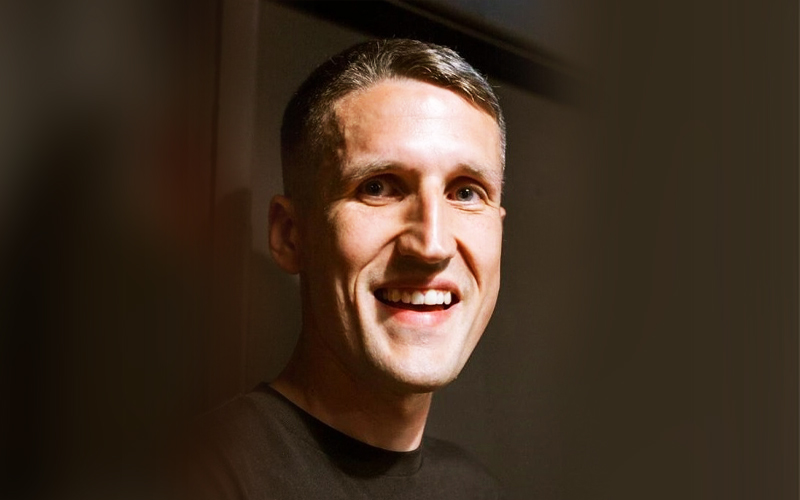
On Thursday (7 September), the radio and TV presenter posted an open letter on Twitter/X, urging the prime minister to offer every child access to mental health support in schools.
In his letter, he said mental health issues are rife in the young person community and more and more are reaching out for support with suicidal thoughts.
Currently, the government’s target is to embed Mental Health Support Teams in 36% of schools. Roman has called for this to be increased to 100% and said an estimated 6.5 million children are missing out on school-based support, at a time where less than 1% of NHS funding is spent on children’s mental health.
MHSTs have three core functions:
- To deliver evidence-based interventions for mild-to-moderate mental health issues;
- Support the senior mental health lead (where established) in each school or college to introduce or develop whole school or college approach and;
- Give timely advice to school and college staff, and liaise with external specialist service to help children and young people to get the right support and stay in education.
Our Head of Education, Ed Hall, has offered his support to Roman’s plea. He said:
“Roman has rightly focussed in on the importance of Mental Health Support Teams (MHST) in schools and how this initiative is crucial in providing adequate support for young people with mental health needs.
“Half of all lifetime diagnosable mental health conditions begin by the age of 14, and therefore for many the warning signs of disorders become apparent whilst at school. MHSTs have the knowledge to recognise these signs, the skills to provide support to the student and their families, and they are able to work with any relevant agencies to ensure each young person receives the support they need.
“Early intervention is absolutely essential. The waiting lists for CAMHS and other services continues to grow and many young people who receive help from these services have suffered with their mental health for a long time. The longer someone has mental health issues, the more complex and deep rooted these become. School is the only place where early intervention can take place in the current climate.
“MHST would make that difference. We can’t leave this to teachers and other school professionals; they are just not equipped to deal with the complexity of MH disorders or the growing need for support. Teachers want the very best for their students, but they are not experts on mental health. Only trained professionals have the experience of different types of mental health issues, in-depth knowledge of trauma responses, as well as up-to-date knowledge of new and emerging risks.
“As well as supporting those with mental health needs, MHST will be able to support the teaching of emotional and positive mental health in school which is absolutely critical to prevent another generation of young people with record numbers of mental health disorders. This is an integral part of a school’s curriculum, but having a MHST to guide teachers and play a part in its delivery will put some weight behind it. If we want to encourage open dialogue about mental health in the classroom, we need people in there that are trained professionals. This focus on prevention of mental health will not only have an impact in the students’ lives, but if done right, should have a lasting impact in their lives as they grow older.
“If the government’s target of 36% of schools having MHST remains, this support is not going to reach the majority of young people with mental health issues. There will be areas of the country where there are high levels of need, inequality and disadvantage, but ultimately we know that mental health does not discriminate. We cannot predict with any certainty who is going to need support.
“The reality is that many young people could have been saved from taking their own lives if only there had been adequate support in place in the early stages of their mental health decline.
“The government needs to do all it can to give all schools the support our young people deserve.”